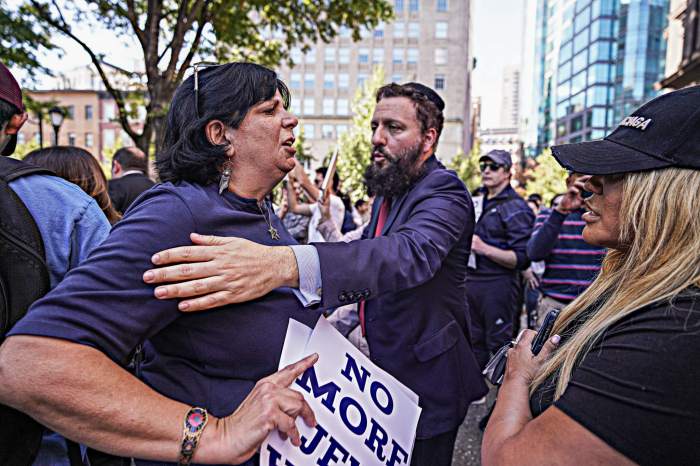
Fourth time’s the charm?
Three times since 1993, New Yorkers have voted in support of a strict two-term limit for City Council members. Clearly, New Yorkers don’t want these folks getting too comfortable. Mayor Michael Bloomberg upended the rule in 2008 when he persuaded then-Council Speaker Christine Quinn to ram through an extension that allowed him and other officeholders a third term, but voters approved a ballot referendum in 2010 bringing the consecutive-term limit back to two — and perhaps punished Quinn for the audacity in her failed mayoral bid in 2013.
Now the candidates vying to be speaker of the City Council in 2018 are resurrecting the idea. A bill to be introduced Thursday by two of them would allow three four-year terms for legislators, if approved by voters. (Old rules already allow some Bloomberg-era members to serve three straight terms.)
The strongest of the arguments for why legislators should get another four years of work is concern about turnover. The members need time to get their feet under them and advance initiatives, Councilman Jumaane Williams argues to his fellow members as he tries to advance his candidacy for speaker.
But fears of too many new faces at one time are outweighed by the benefits of moving out a stagnant political class. New legislators are rarely total neophytes, and new blood might bring different ways of doing things.
Further, some rationales for raising limits show just how mistaken it would be to give lawmakers more time on the job. For example, Councilman Robert Cornegy of Brooklyn has expressed concern about legislators missing out on fully vested pensions if confined to less than 10 years for those elected after 2010. Elected officials shouldn’t be in this for the benefits.
The term-limit debate is also a sad turn in the race for council speaker, a position filled by backroom promises. The candidates think the prospect of permitting four more years in office will get them more peer support. Voters have not agreed, again and again and again. This time should be no different.

















